Expert Tips for a Healthier Skin Barrier
Great skin doesn’t begin with luxurious serums or spa facials — it begins with the most essential step: cleansing.
If cleansing is done incorrectly, it can compromise your entire skincare routine, leading to breakouts, dryness, or even premature aging. Here’s a deep dive into the most common face-washing mistakes — and how to avoid them like a pro.
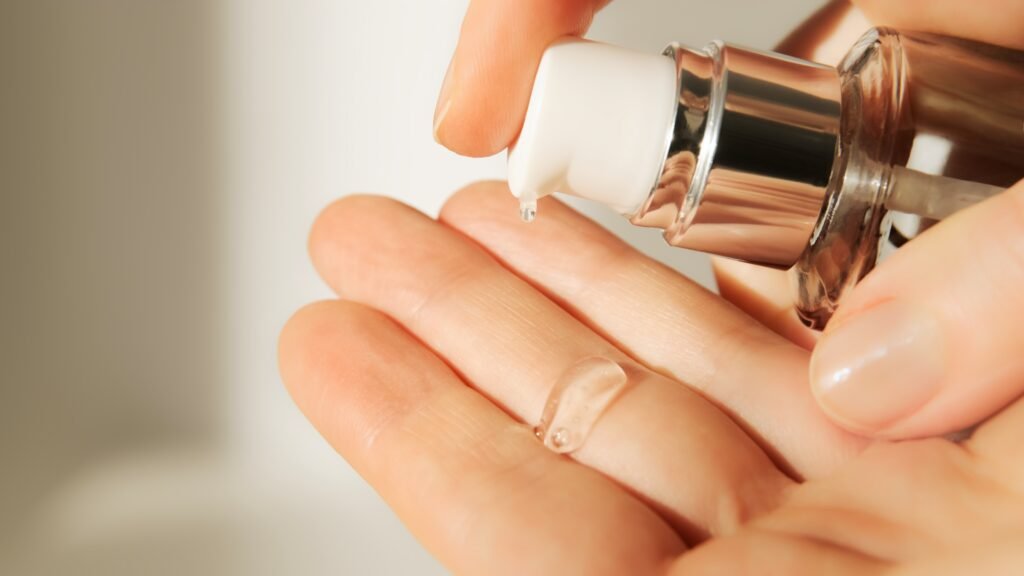
1. Using the Wrong Cleanser for Your Skin Type
Why it matters:
Choosing a cleanser that doesn’t match your skin type can disrupt your skin barrier and worsen issues like acne, dryness, or sensitivity.
How to fix it:
- Oily/Acne-prone skin: Use gel or foam cleansers with ingredients like salicylic acid or tea tree oil.
- Dry skin: Opt for cream or milk cleansers with hydrating ingredients like ceramides or hyaluronic acid.
- Sensitive skin: Use fragrance-free, low pH, non-comedogenic formulas.
🔗 How to Pick a Cleanser and Wash Your Face the Right Way, According to Dermatologists
Choosing the right cleanser starts with understanding your skin type.
👉 Visit “Know Your Skin Type” to find out what suits you best.
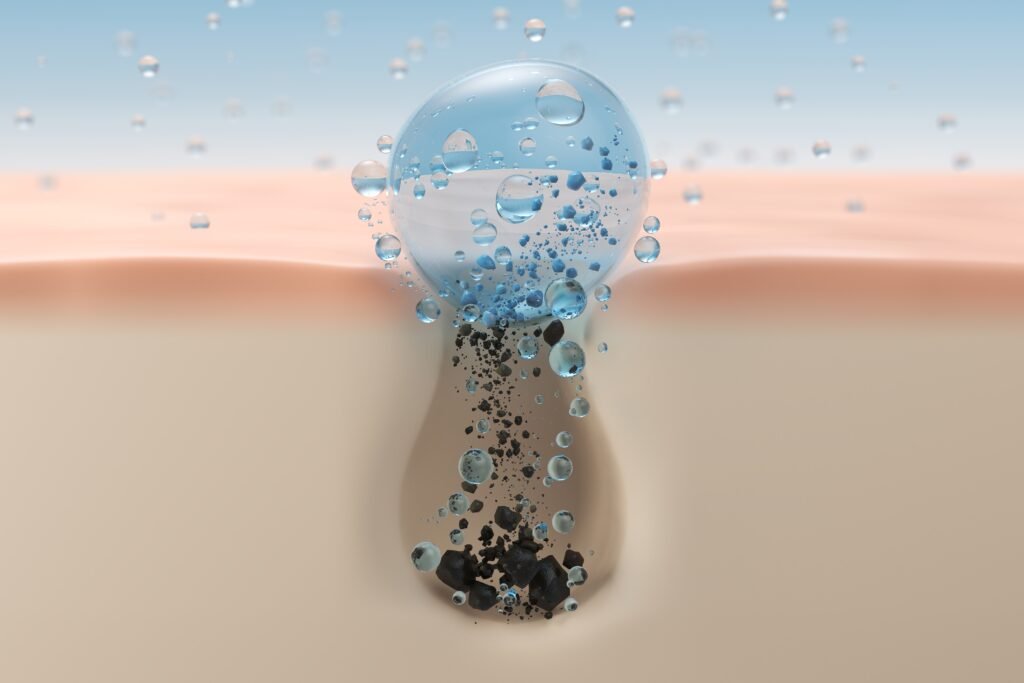
2. Misunderstanding Double Cleansing
Why it matters:
Double cleansing — using an oil-based cleanser followed by a water-based one — is essential if you wear makeup, sunscreen, or live in polluted environments.
When to do it:
- YES: Evening routine, makeup days, sunscreen-heavy days
- NO or mild version: Dry or sensitive skin types should avoid over-cleansing — use micellar water or a gentle oil balm followed by a soft second cleanse
🔗 Double Cleansing Method Explained: Should You Try It?
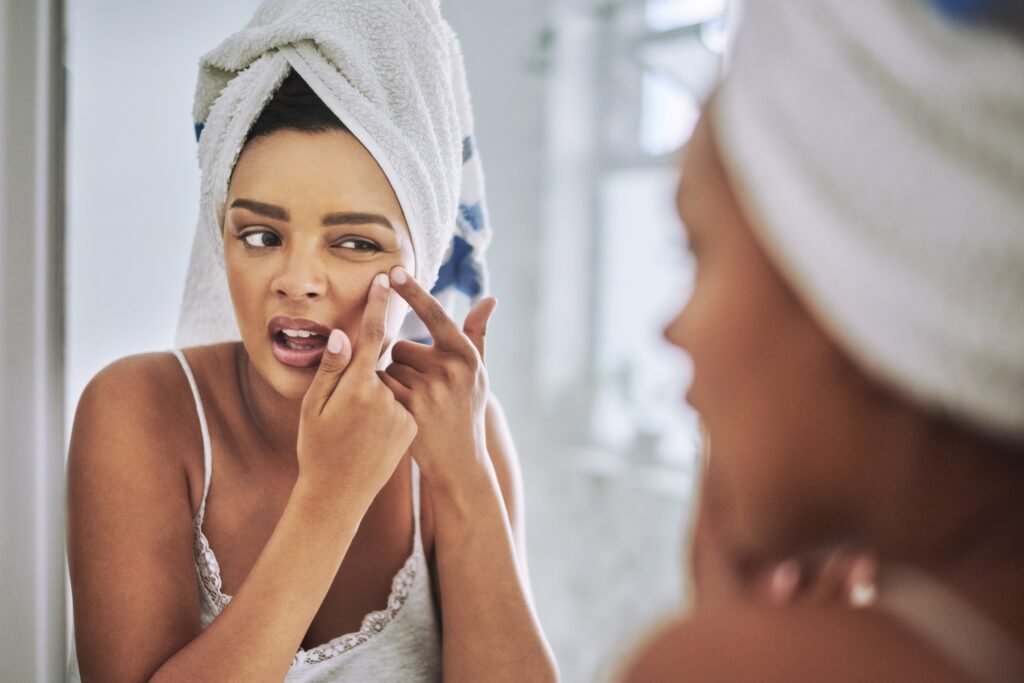
3. Overwashing or Underwashing Your Face
Overwashing:
Washing more than twice a day strips natural oils, disrupts the skin’s acid mantle, and triggers inflammation.
Underwashing:
Washing only once a day or skipping your morning cleanse can leave behind sebum and residue, which can clog pores.
Best practice:
- Cleanse twice daily (AM + PM)
- After workouts: rinse with lukewarm water and reapply a light moisturizer or mist.
🔗 Experts Agree That Some of Us Are Washing Our Face Too Much
If you’re rebuilding your skincare from the ground up, don’t miss our foundational guide:

4. Using Hot Water
Hot water feels relaxing but it causes dilated blood vessels, redness, and skin dehydration.
Solution: Always cleanse with lukewarm water to protect your skin’s natural lipids and balance.

5. Skipping Hand & Tool Hygiene
Your hands harbor bacteria. Cleansing without washing them first defeats the entire purpose.
Pro tip:
- Always wash your hands first.
- Replace or wash cleansing towels/sponges regularly to prevent bacterial buildup and mold.
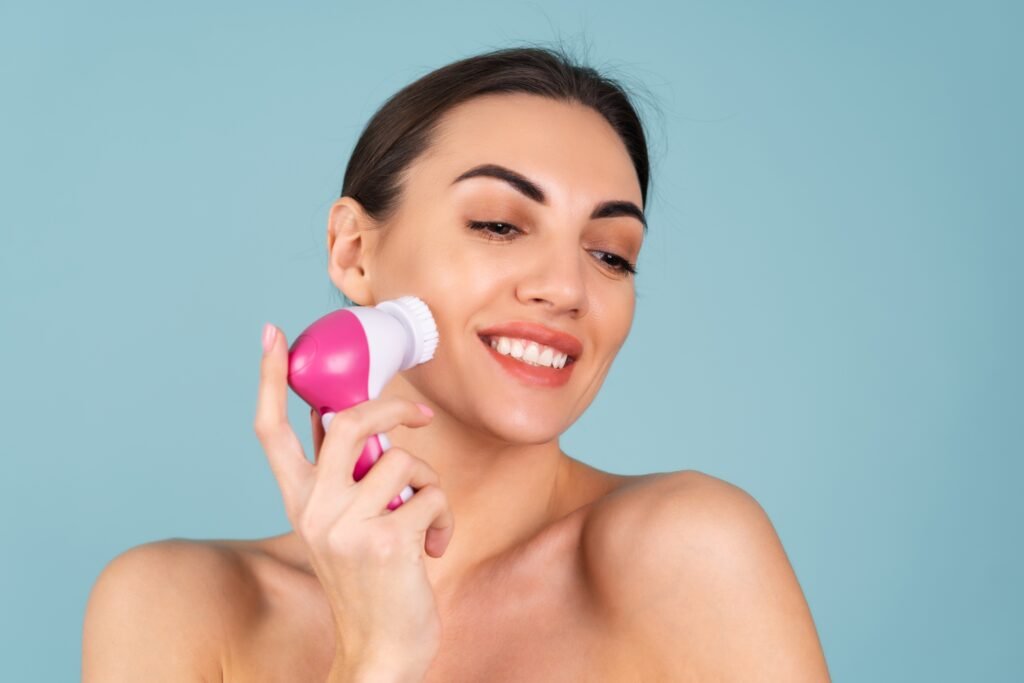
6. Being Too Rough with Your Skin
Common mistakes:
- Using harsh scrubbing brushes or rough towels
- Massaging too aggressively
- Not rinsing off cleansing balms/oils thoroughly
What to do instead:
Massage gently in small circles for 30–60 seconds, and rinse thoroughly — especially around the hairline, jawline, and ears.
🔗 The effect of washing and drying practices on skin barrier function
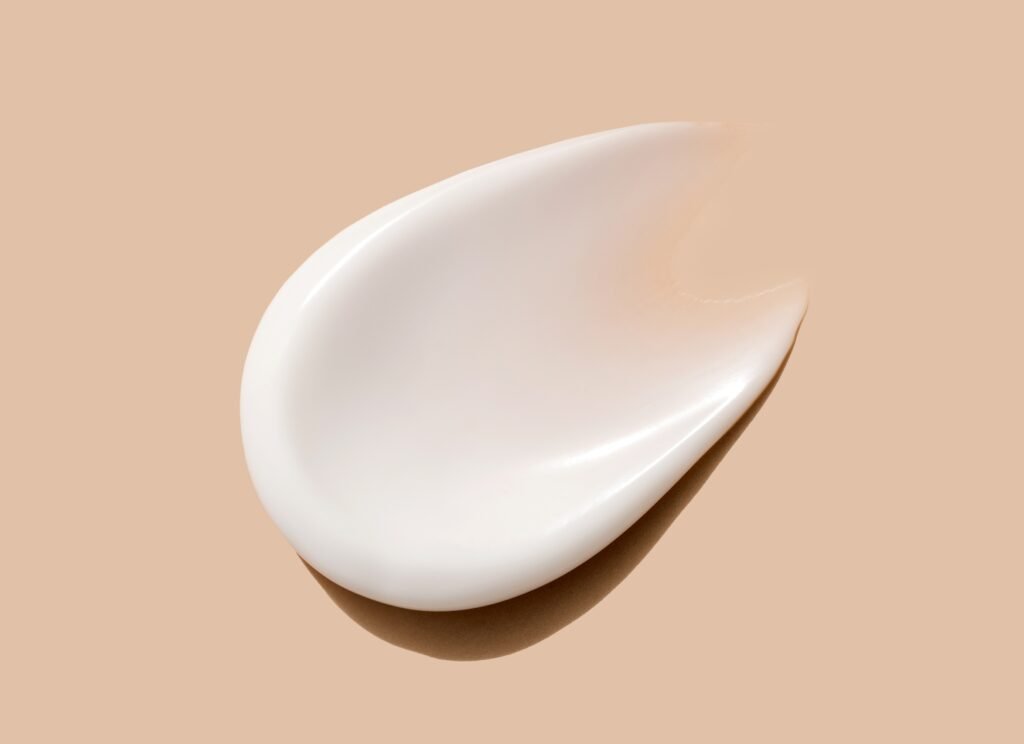
7. Not Moisturizing Immediately After Cleansing
Cleansing can disrupt your skin’s lipid layer, so apply your moisturizer while skin is still damp for best absorption and barrier repair.
🔗 Simple changes can soothe dry skin
8. Ignoring Post-Cooking Oil Film on Skin
Hidden culprit: Cooking oil particles can stick to your skin and clog pores, especially around the T-zone.
What to do:
- Use a kitchen hood and tie your hair when cooking
- Wash your face after cooking oily foods
🔗 New York Post – A cooking habit that causes breakouts
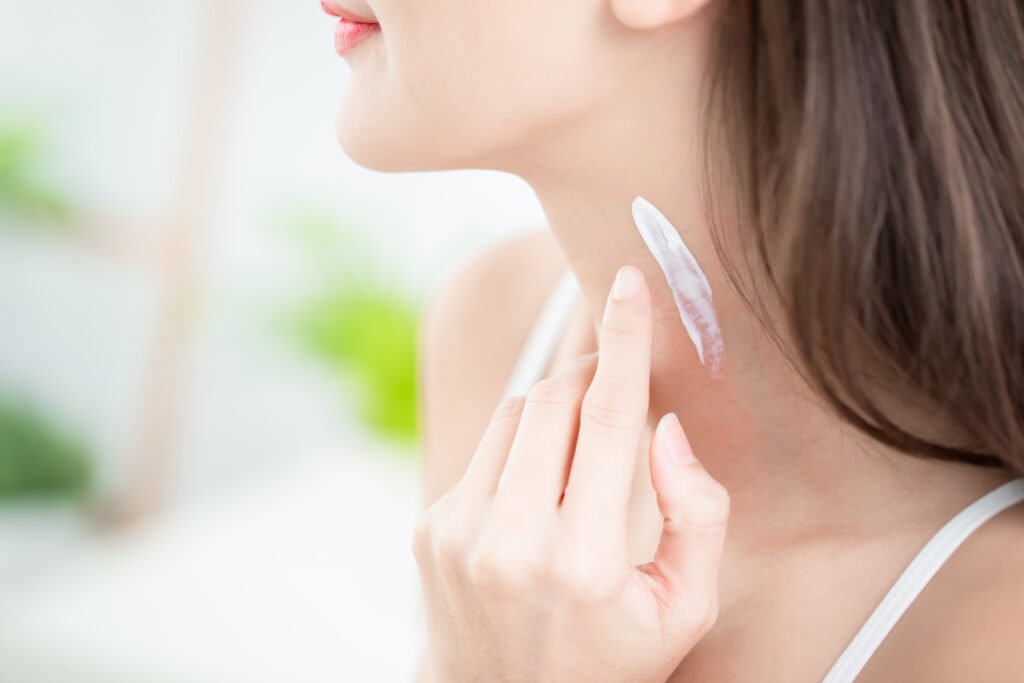
9. Neglecting the Neck and Décolletage
Cleansing should never stop at your jawline. The neck and chest area are prone to sagging, irritation, and signs of aging — and deserve the same care as your face.
🔗 The skin on your neck can be thinner and even more sensitive than the skin on your face.
✅ Cleansing Best Practices at a Glance
| Step | Tip |
| 1. Wash hands | Always before touching your face |
| 2. 1st cleanse | Oil/balm/micellar to remove SPF & makeup |
| 3. 2nd cleanse | Water-based cleanser for 30–60 seconds |
| 4. Rinse | Use lukewarm water only |
| 5. Dry | Pat with soft, clean towel |
| 6. Hydrate | Apply moisturizer while skin is damp |
| 7. Tool hygiene | Clean towels & sponges regularly |
| 8. Full coverage | Include neck & hairline |
| 9. Kitchen care | Cleanse after exposure to cooking oils |




Pingback: Benefits and Necessity of Toner for Healthy Skin - GlowTrek
Pingback: Anti-aging Ingredients: Your Guide to Youth - GlowTrek